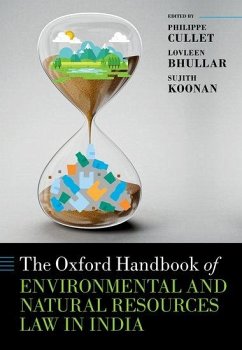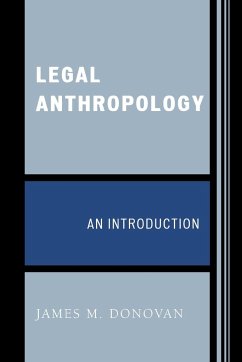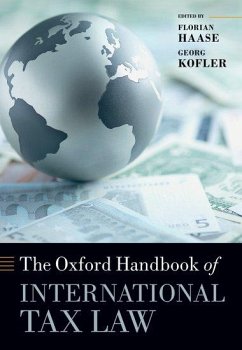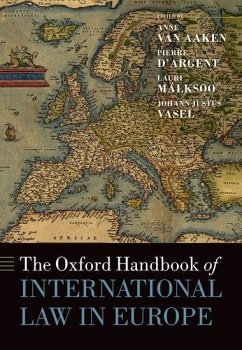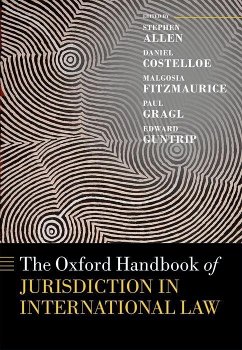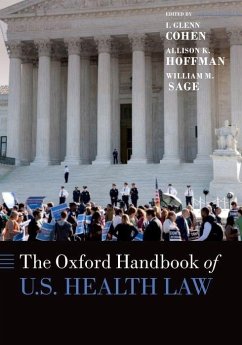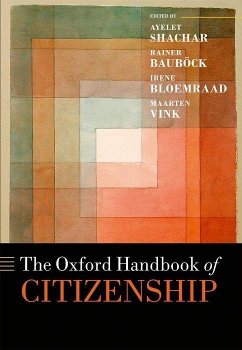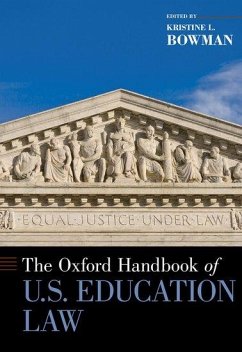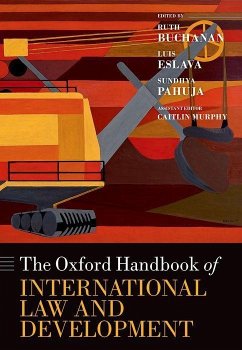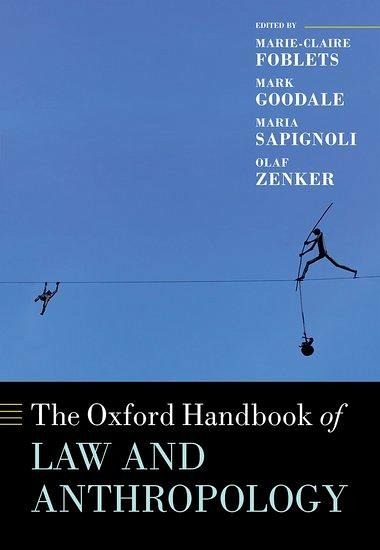
Oxford Handbook of Law and Anthropology
Versandkostenfrei!
Versandfertig in 1-2 Wochen
199,99 €
inkl. MwSt.

PAYBACK Punkte
100 °P sammeln!
The Oxford Handbook of Law and Anthropology is a ground-breaking collection of essays that provides an original and internationally framed conception of the historical, theoretical, and ethnographic interconnections of law and anthropology. Each of the chapters in the Handbook provides a survey of the current state of scholarly debate and an argument about the future direction of research in this dynamic and interdisciplinary field. The structure of the Handbook is animated by an overarching collective narrative about how law and anthropology have and should relate to each other as intersectin...
The Oxford Handbook of Law and Anthropology is a ground-breaking collection of essays that provides an original and internationally framed conception of the historical, theoretical, and ethnographic interconnections of law and anthropology. Each of the chapters in the Handbook provides a survey of the current state of scholarly debate and an argument about the future direction of research in this dynamic and interdisciplinary field. The structure of the Handbook is animated by an overarching collective narrative about how law and anthropology have and should relate to each other as intersecting domains of inquiry that address such fundamental questions as dispute resolution, normative ordering, social organization, and legal, political, and social identity. The need for such a comprehensive project has become even more pressing as lawyers and anthropologists work together in an ever-increasing number of areas, including immigration and asylum processes, international justice forums, cultural heritage certification and monitoring, and the writing of new national constitutions, among many others. The Handbook takes critical stock of these various points of intersection in order to identify and conceptualize the most promising areas of innovation and sociolegal relevance, as well as to acknowledge the points of tension, open questions, and areas for future development.



